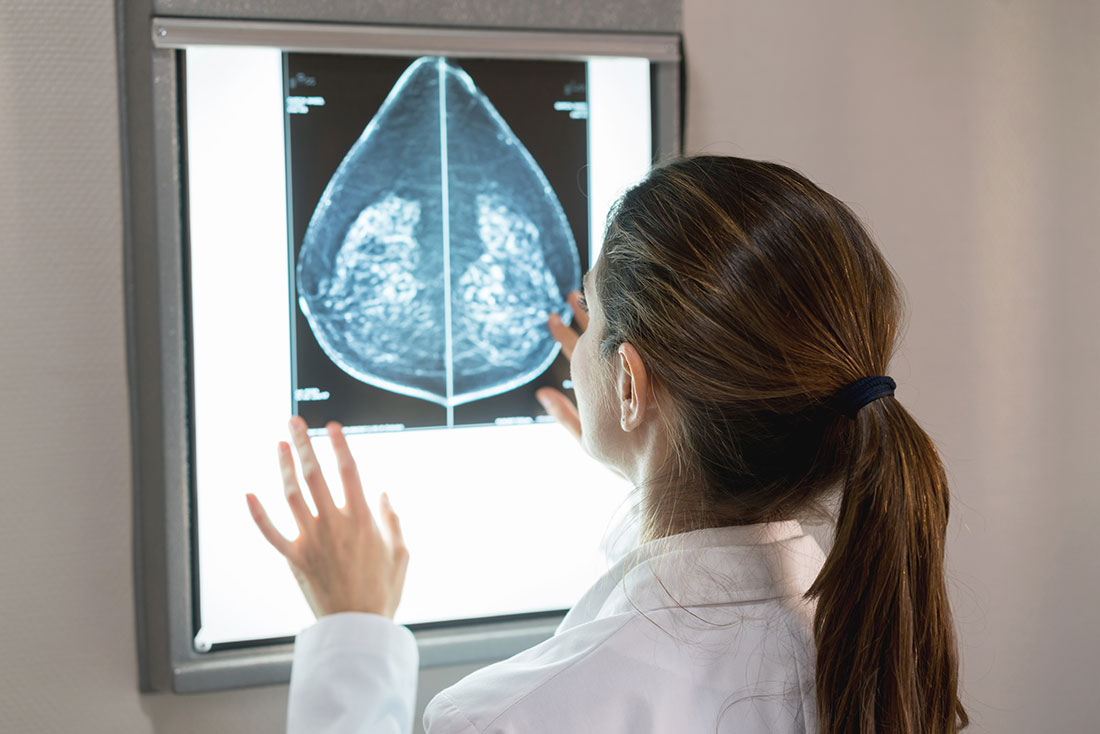Variations of Human Tissue Essential to Breast Cancer Research
February 3, 2019

Each year, over 252,000 women receive a breast cancer diagnosis, according to the National Breast Cancer Foundation – that’s one in every eight. Of those women, about 16 percent will die from the disease. Although this form of cancer tends to occur mostly to women, men are not immune to it. Physicians see around 2,500 cases of breast cancer in men, as well.
One of the reasons this cancer is so deadly is that the risk of metastasis is high, meaning breast cancer can spread to other areas like the liver or the lungs. It is a difficult disease to research, as well. Medical science faces challenges trying to extract tumor cells from the primary source. Often it’s these metastases that offer the best option for study.
One of the most promising areas of cancer research is finding ways to trigger the human body to recognize and fight the tumor in various systems. Scientific research using different types of human tissue can offer hope in the fight to stop breast cancer.
Stem Cell Signaling
The study of stem cell signaling with the help of human tissue specimens is changing how scientists understand the disease. The mammary gland is made up of a glandular ductal network. The current theory is that the terminal duct-lobular unit is the site of breast cancer genesis. The use of human mammary gland tissue from both males and female allows the study of epithelial cells that line the ducts in the research of cancer development.
Mammary gland stem cells play an essential role in the development of breast cancer later in life. Stems cells work to remodel breast tissue during various life changes such as menopause and puberty, as well. These specialized cells communicate at a molecular level with macrophages, a type of immune cell. That communication may be how disease starts and how it spreads to other areas of the body.
There is some indication researchers might use mammary tissue in their search for better cancer screening methods, as well. The enzyme y-glutamyltransferase (GGT) is produced by breast cancer cells but not by healthy breast tissue.
Using Different Human Tissue Variations
Evidence shows that a single breast stem cell found in mammary gland tissue can self-renew and grow into a functional mammary gland. The same may be true of breast cancer stem cells. Scientists have been able to use this theory regarding cancer stem cells and apply it to other organs in the body such as the brain, liver and pancreas. Utilizing human tissue from different organs can help scientists study notch signaling along the various pathways in pre-invasive and invasive breast cancer.
The Benefits of Human Tissue in Cancer Research
Regardless of the type of cancer, researchers rely heavily on high-quality human biospecimens like mammary, liver, brain, eye, placenta, skin and other types of human tissue. Labs all over the world use this tissue to conduct targeted research and run specialized molecular tests to understand how disease generates, grows and spreads.
Without this tissue there is little hope of beating cancers that kill millions of people each year. Early detection is often the best way to survive deadly cancers like found in the breast, brain or colon, too. Research communities are at looking for enhanced screening mechanisms along with genetic markers that might indicate someone is at risk. None of that is possible without the biospecimens necessary for testing.
Biobanking is a highly regulated industry to ensure human tissue procurement follows standardized protocols to provide specimens that are properly preserved and collected. Human tissue for research purposes may be the key to finding a cure and stopping breast cancer in its tracks.
For more information about the use of human tissue in research for breast cancer and other diseases, contact us today.

